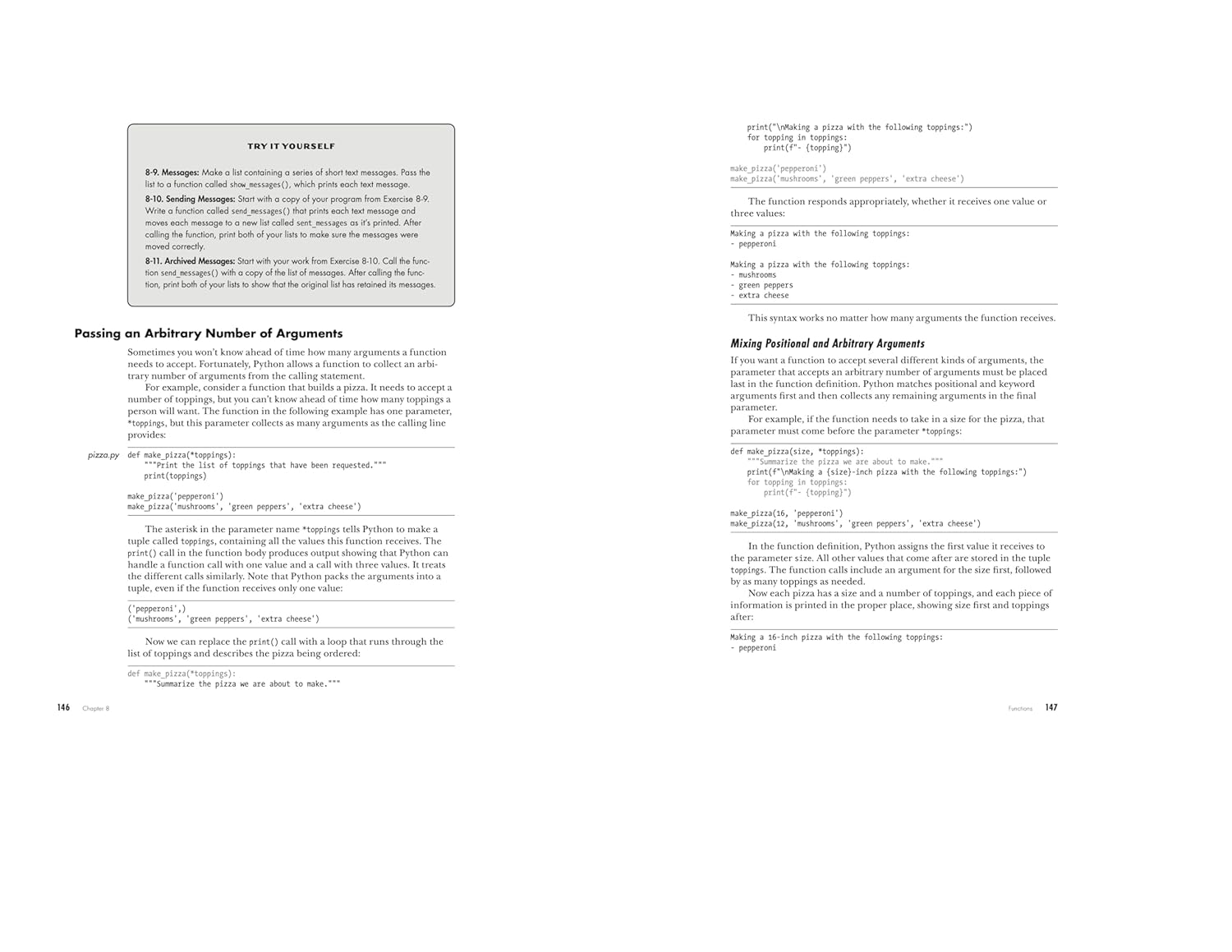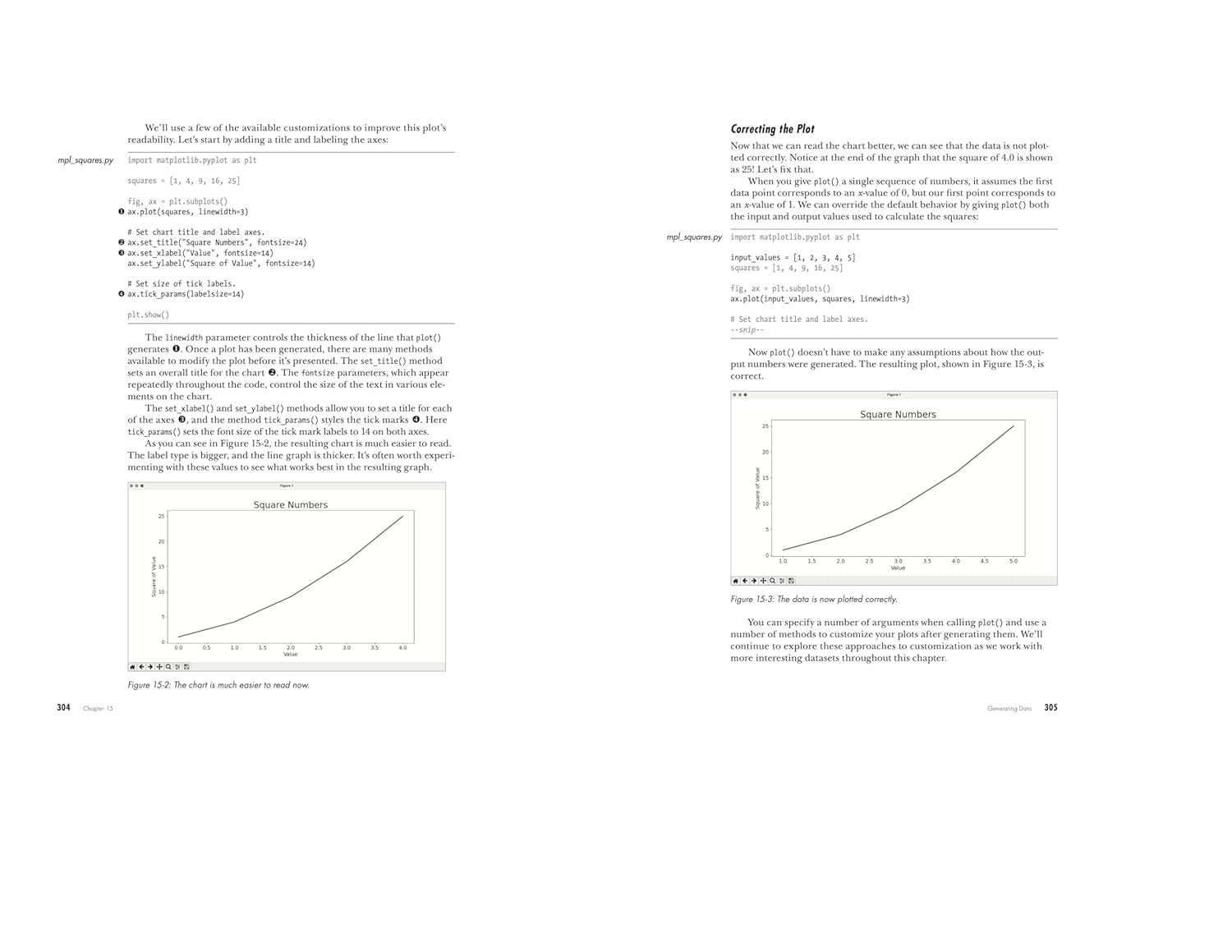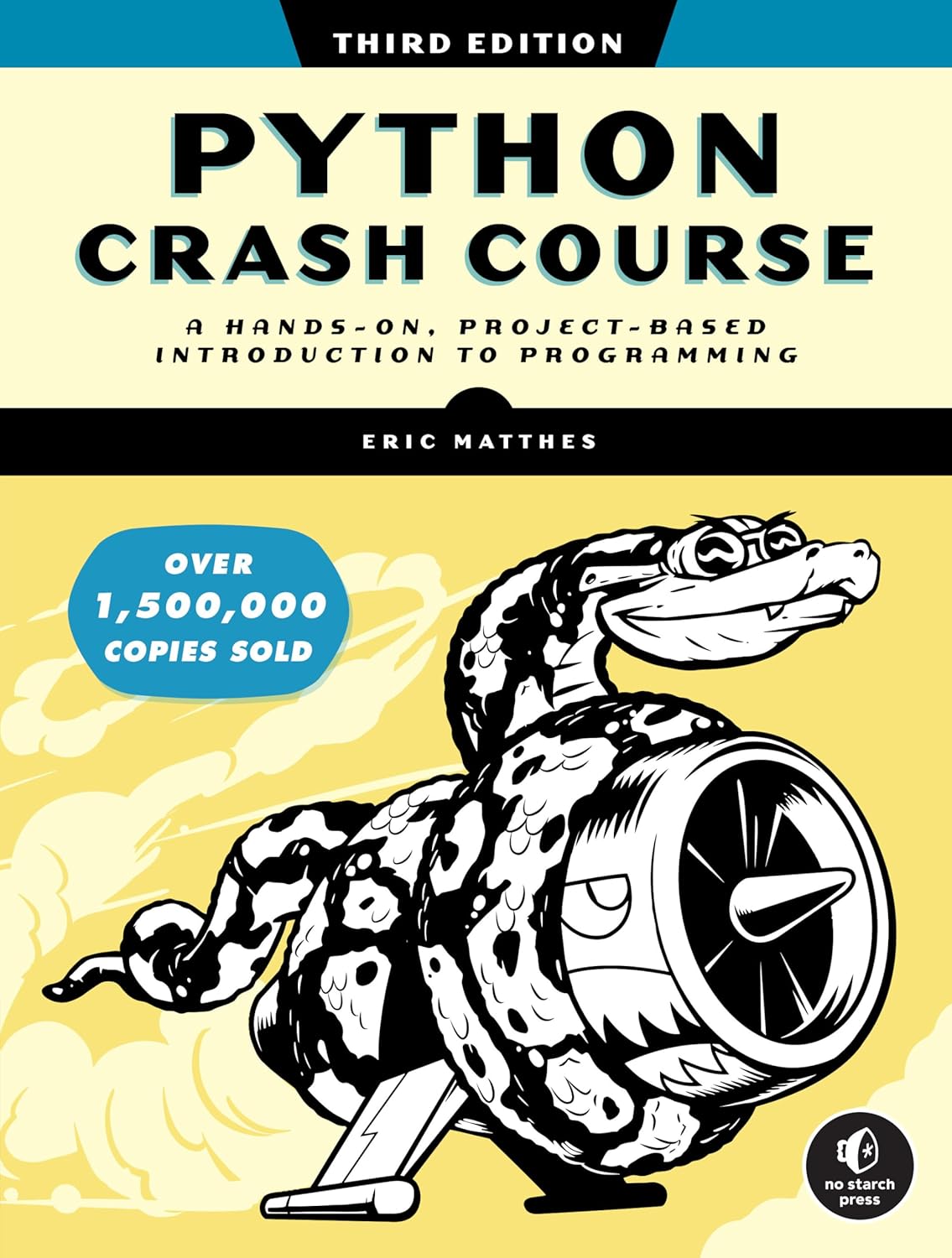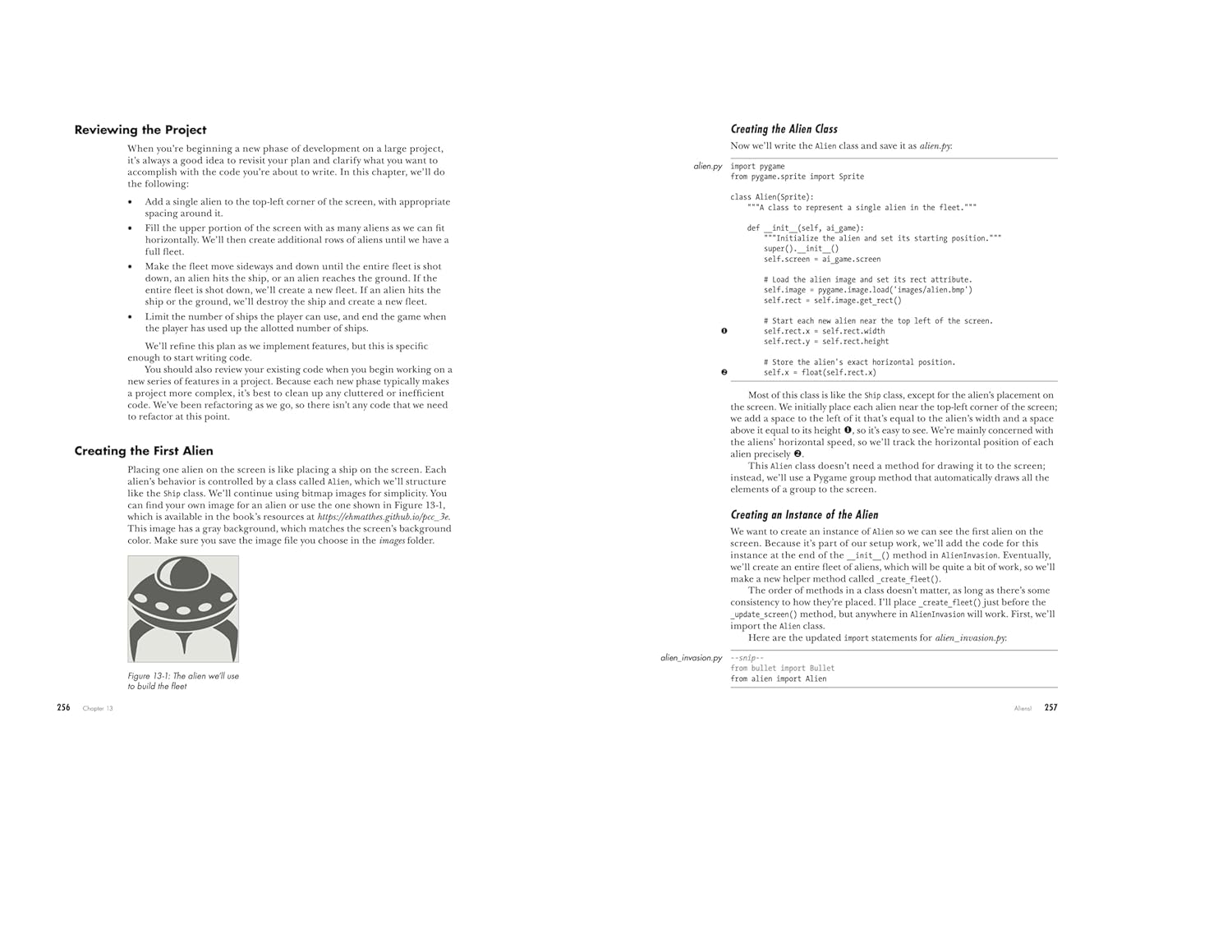
What does it take to truly understand the ins and outs of programming? I’ve been on a learning spree myself, and one resource that really stood out to me is the “Python Crash Course, 3rd Edition: A Hands-On, Project-Based Introduction to Programming.” It’s been a game-changer in my journey.
Overview of the Book
The “Python Crash Course” is designed for beginners and those looking to brush up on their Python skills. It offers hands-on projects, which is perfect if you, like me, learn best by doing things rather than just reading about them.
First Impressions
When I first opened the book, I was struck by its straightforward layout. I appreciated that it didn’t overwhelm me with jargon or complex concepts right away. The language is accessible, which makes it inviting for newcomers.
Structure of the Book
The book is divided into two main parts, which helps keep things organized and focused. Part one covers the fundamental concepts of Python, while part two dives into projects that reinforce what I’ve learned.
Part One: Basics of Python
This section walks you through foundational components like variables, data types, and loops. Each chapter builds on the previous one, and I found that the pacing was just right. Here’s how I broke it down in my notes:
| Chapter | Topic | Key Takeaways |
|---|---|---|
| 1 | Introduction to Python | Understanding what Python is and its uses. |
| 2 | Variables and Data Types | Built the groundwork for storing information. |
| 3 | Lists and Tuples | I learned about collections and how to use them. |
| 4 | Conditionals | Introduced me to making decisions in code. |
| 5 | Loops | Explained how to automate repeating tasks. |
Part Two: Projects
After getting comfortable with the basics, I was thrilled to jump into the project-based learning. This is where the book really shines for me. The projects are engaging and practical, allowing me to apply what I’d learned.
Project Examples
| Project | Description |
|---|---|
| Alien Invasion | I created a simple shooting game! |
| Data Visualization | I made graphs to represent data visually. |
| Web Application | Built a simple web app, which impressed my friends. |
Hands-On Approach
One of the best features of this book is its hands-on approach. After finishing each section, I could jump directly into a project. It didn’t just tell me how to do things; it encouraged me to think and solve problems. This was a huge boost for my confidence.
Learning Style
I realized that my learning style aligns well with the book’s methodology. The author, Eric Matthes, does a phenomenal job of breaking down complex topics. His approach is conversational, which made me feel like I was having a one-on-one session with a mentor.
Clarity of Concepts
Even though I had some prior exposure to programming, certain concepts felt intimidating. However, the clarity with which they’re presented helped me grasp them without feeling overwhelmed. I remember struggling with loops before, but after the chapter that covered them, I felt like I had a solid handle on it.
Supplemental Resources
The book also points to so many additional resources that I found valuable. From online tutorials to forums, it connects me with a community of learners. I’ve met many people in online coding forums who are just as eager to learn as I am, thanks to the book’s suggestion.
Author’s Insights
Matthes included personal anecdotes and insights that made the reading experience relatable. He shares common pitfalls learners face, which gave me a sense of camaraderie. Knowing that others struggle with similar issues made it less daunting for me.
My Favorite Projects
What I love most about this book is that the projects resonate with me as someone who loves creativity and problem-solving. Here are a couple of my favorites:
Alien Invasion
Creating “Alien Invasion” was a highlight for me. I learned about game mechanics, handling events, and even got into some graphical elements. Seeing my code come to life was incredibly satisfying.
Key Learning Points:
- Game loops and handling user input
- Drawing graphics on the screen
- Implementing game logic
Data Visualization
The data visualization project was another standout. I took real-world data and manipulated it to represent information visually. This opened my eyes to how data can be presented effectively.
Key Learning Points:
- Using libraries like Matplotlib
- Organizing data for visual representation
- Understanding the importance of clear visuals
Challenges and Solutions
While the book is excellent, that doesn’t mean I didn’t face challenges. Like any learning journey, it came with its bumps. Here are a few struggles I encountered and how I addressed them:
Debugging Issues
I had my fair share of debugging headaches. It was frustrating at times, but I found that the common errors section at the end of the chapters was incredibly helpful.
Solution: I learned to take a step back, read the error messages carefully, and consult the resources listed in the book.
Time Management
Since I juggled multiple commitments, finding time to work through the book was tricky.
Solution: I made a study schedule. Breaking it down into smaller chunks made it feel less overwhelming and helped me stay consistent.
Practical Application of Skills
Learning Python through this book has been genuinely rewarding, especially when I started applying my skills to real-life scenarios.
Personal Projects
I took the initiative to work on personal projects that I’m passionate about. This not only consolidated what I learned but also gave me a portfolio to showcase my skills.
Collaborations
I even collaborated with friends who are also learning to create basic applications. It’s delightful to share ideas and troubleshoot together.
Community Engagement
Engaging with the wider programming community made the experience richer.
Online Forums
I became a regular on Stack Overflow and Reddit’s r/learnpython. Anytime I hit a snag, I turned to those platforms for help. It’s heartening to see so many people willing to lend a hand.
Local Meetups
Before I knew it, I was attending local coding meetups. Meeting others in person helped me network and learn from experienced programmers. I even made a few friends along the way, which is a bonus!
Tips for New Learners
If you decide to pick up this book, here are some tips based on my experience:
- Set Realistic Goals: Break down your learning process into manageable chunks.
- Practice Regularly: Consistency is key. Even fifteen minutes a day can make a difference.
- Engage with Others: Don’t learn in a vacuum. Share your journey, ask questions, and collaborate with others.
- Don’t Be Afraid to Fail: Mistakes are part of the learning process. Embrace them and learn from them.
How It Stacks Up Against Other Resources
When comparing “Python Crash Course” to other programming books, I found this one to be particularly accessible.
User-Friendly
Many programming books can feel overly technical, but Matthes has a unique ability to simplify concepts without losing depth. I’ve tried a few other titles, but none provided the same level of clarity and interaction.
Comprehensive
While some books might focus heavily on theory, this one balances the theoretical with the practical. That was a significant selling point for me, as I appreciate being able to apply what I learn immediately.
Final Thoughts
Overall, my experience with “Python Crash Course, 3rd Edition” has been overwhelmingly positive. It’s packed with invaluable information, projects that resonate, and a friendly tone that makes learning enjoyable.
I feel much more confident in my Python abilities, and I look forward to advancing my skills further. Whether you’re an absolute beginner or someone looking to solidify their knowledge, I highly recommend this book. It has given me the tools to continue my journey into the programming world, and I have no doubt it can do the same for you.
Disclosure: As an Amazon Associate, I earn from qualifying purchases.





